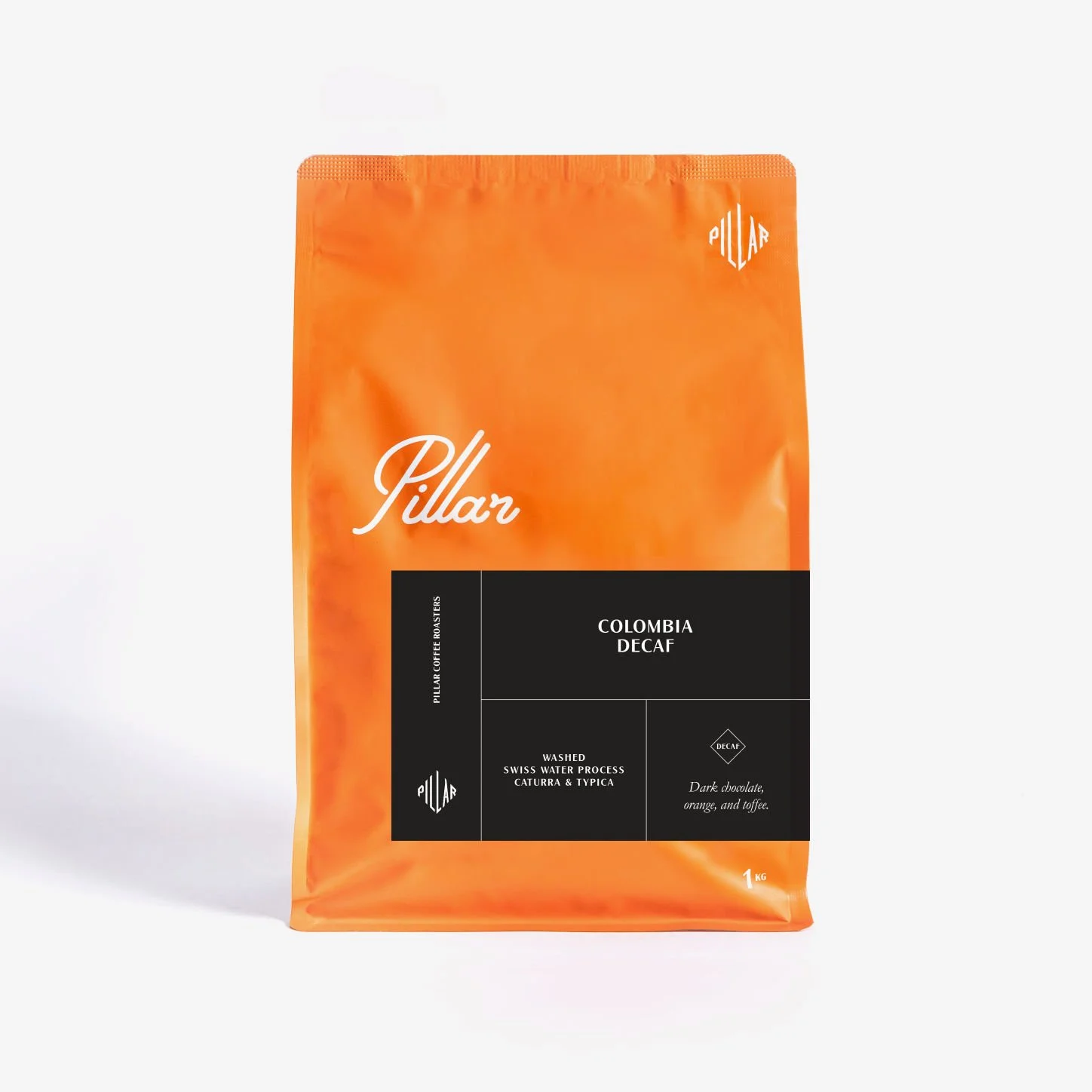Rwanda Huye Mountain - Espresso


Rwanda Huye Mountain - Espresso
Rwanda
Huye Mountain
1600-2000masl
Natural
Bourbon Mayaguez 139
Fig jam, vanilla malt, and cherry.
Coffee in Rwanda: Coffee first made its way to Rwanda in 1904 via German Missionaries, but it was not until around 1930 that a groundswell in coffee production began, thanks to the support and incentives provided by the Rwandan government. This effectively turned coffee into a 'cash crop' for Rwanda, and although most of this was low-grade high volume, it did establish essential infrastructure and pave the way for the specialty coffee wave that would be to come.
Today, Rwanda processes the 9th most Arabica coffee out of all African nations, with a total of 28,000 hectares of coffee cultivation nationally. Its farm makeup is somewhat unique, comprising 450,000 small farms that average less than one hectare in size and consist of just 165 coffee trees.
Behind the cup: In 1994, civil war and genocide tore through Rwanda, cleaving an already fragile division into two very broken and seemingly irreconcilable parts. Much of Rwanda is still dealing with the aftermath of this horror daily. These scars will never fully heal, but with effort and initiatives focusing on sustainable, ethical coffee production, we are seeing a more inclusive, positive future for Rwandan coffee farming.
Farm and environment: The Huye Mountain farms take advantage of their climate conditions, drying coffee in its naturally cool climate, important for producing clean-tasting, high-quality coffee. This is because the activity within the coffee cherry is slowed down, and moisture is more easily controlled.
Sustainability: Well-organised farming groups cultivate the farms, with programmes available to further educate farmers on how to enhance sustainable coffee crop production. Farmers are producing coffee here in a way that is symbiotic with the land, with no synthetic fertilisers or pesticides used. The Huye Mountain farmers believe that a healthy biodiverse ecosystem ensures the best possible conditions for the best possible coffee.
Ecosystem: Precious insects, particularly bees, are being protected and understood in a whole new way. Bees and other pollinators are essential in producing quality, environmentally conscientious coffee, creating a harmony that contributes to a symbiotic awareness with benefits for all.
During pollination, bees distribute vital microorganisms, giving the coffee a more uniform size (great for even roasting), better yields (great for farmers), and finer flavours (great for drinkers—and of course great for bees!)
Furthermore, research has revealed that bee pollination can increase coffee yield by anywhere between 36% and 50%. That is some cool symbiotic stuff going on there.








